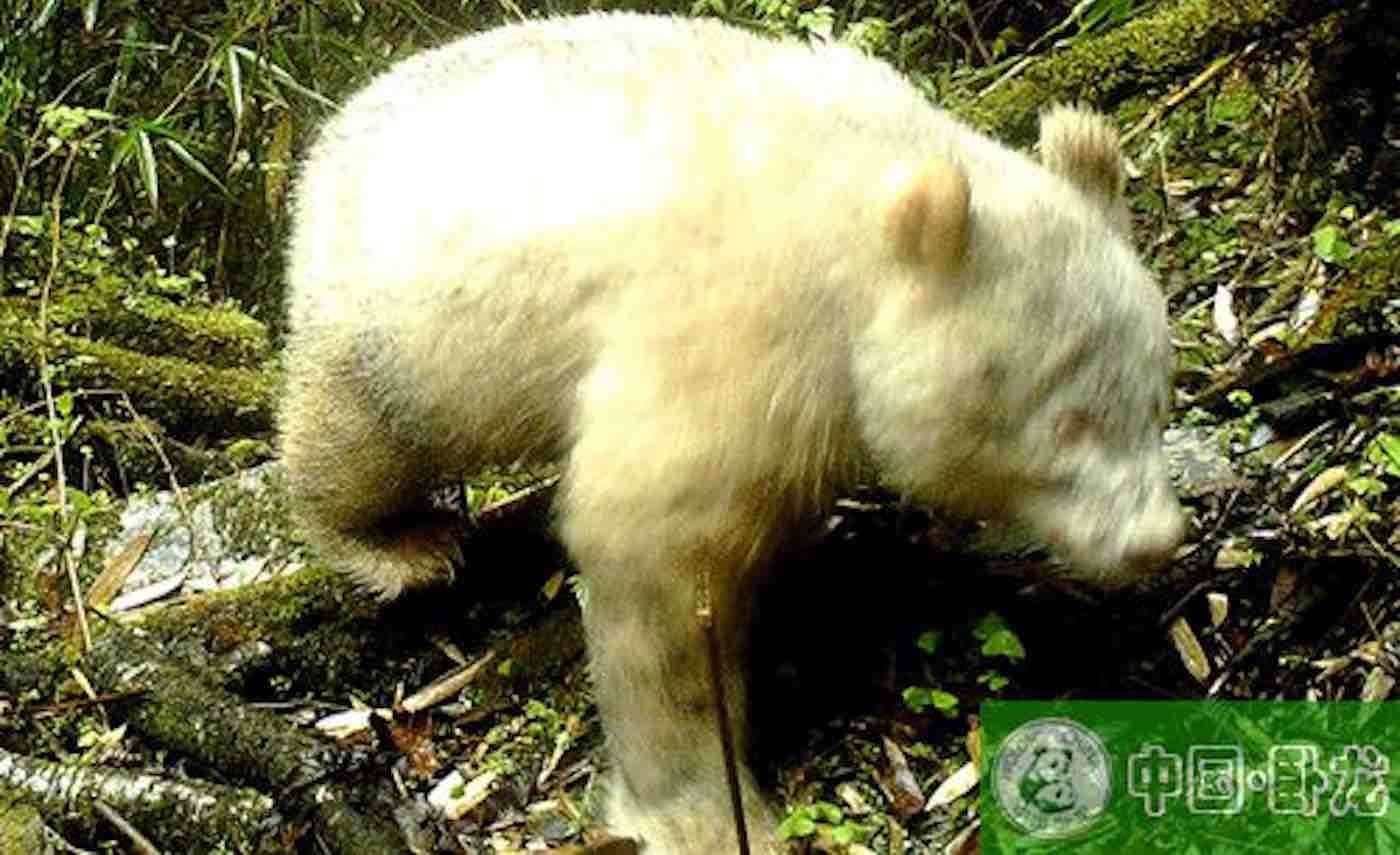In Landmark Case, More Than 200 Wild and Endangered Animals Rescued From Canadian Roadside Zoo
More than 200 exotic animals have been given a second lease on life after they were rescued from an unaccredited roadside zoo in Quebec.

For the first time in history, researchers have captured an albino giant panda on camera.
The bear, which conservationists believe to be between 1 to 2 years old, was photographed at the Wolong National Nature Reserve in the Sichuan province of China.
Though albinism can be found throughout the animal kingdom, it is a very rare occurrence. Albinism usually occurs as a result of a genetic mutation that prevents an animal from producing melanin. Apart from being more sensitive to light, however, albinism does not affect the reproductive or physiological functions.
Based on the footage of the newly-discovered albino panda, its gait and stature are that of a healthy young adult, and researchers expect it to continue thriving in the wild.
"The picture clearly shows the unique morphological characteristics of the panda: the hair is white, the claws are white, and the eyes are red, passing through the lush native deciduous broad-leaved forest," the nature reserve said in a press release.
"The panda, which was filmed by Wolong, is the first fully whitened individual recorded in the wild … indicating that there is a ‘whitening' mutant gene in the giant panda population in Wolong."
The documentation of the white panda was captured by a monitoring system that was only recently installed by the Wolong Wildlife Grid for research purposes in December 2018. Since the photos were captured in April and released earlier this week, the Wolong researchers hope to increase the number of monitoring systems in the region so they can track the albino panda's movements.
Be Sure And Share The Big News With Your Friends On Social Media…
Be the first to comment